I am trying to understand JavaScript minification and compression processes and have couple of questions on these:
- Since minification makes the code difficult to debug, is it possible to do on-demand de-minification on client-side to cover-up for cases where you actually need to debug and investigate something on the website?
- I remember reading somewhere that one can enable compression of all resources (like images, CSS, JavaScript etc.) by setting some options in the Apache Web Server. Is there any difference in the JavaScript compression done at Apache level and, the one done using tools like YUI Compressor?
Can someone help me know the above?
The kind-of cases where I would actually need to de-minify my JavaScript files is let's say a JavaScript error happened at line no. X. With a minified files it would be very tough to know which block of code caused that error in production as the lines are all wrapped up in a minified file. How do you guys investigate and debug in such circumstances? Another user also mentioned this debugging problem in Packed/minified javascript failing in IE6 - how to debug? questions (slightly specific to IE6 though).

